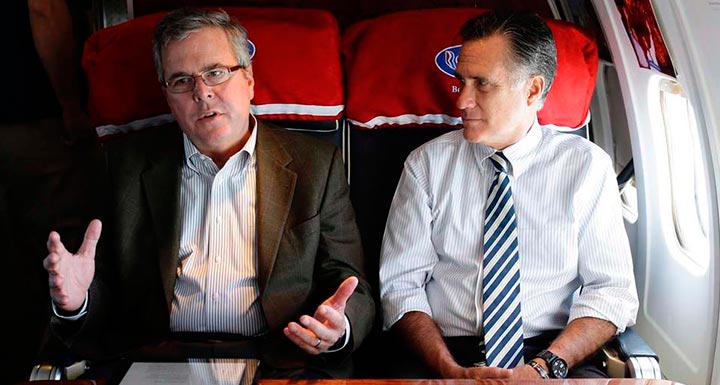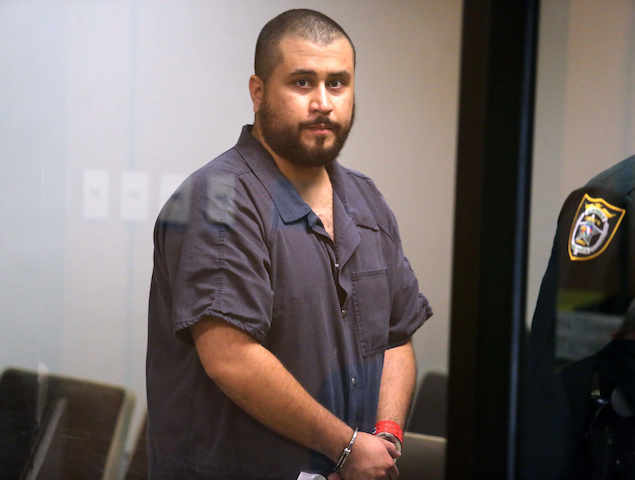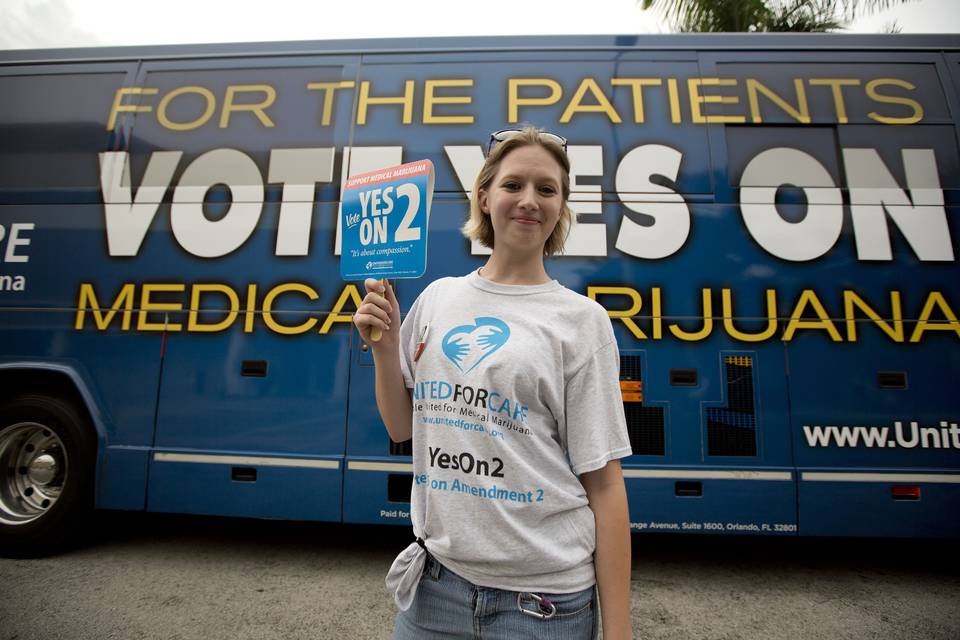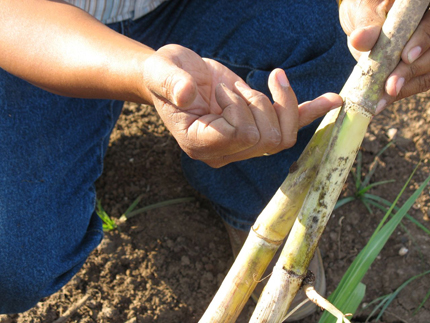
Conexión Miami / Bush vs. Romney
It’s Jeb Bush and Marco Rubio. More realistic may turn out to be Jeb vs. 2012 nominee Mitt Romney. Both Romney and Bush have announced exploratory committees for a possible run. Politico recently reported that Romney has told many people privately that he believes Bush, as the brother of an unpopular former president, will have trouble winning the presidency. Bush, who announced last month that he was considering a presidential run, has made it clear publicly that he believes Romney ran a poor campaign when he was the GOP’s nominee in 2012. If both do end up running, they will find themselves competing for pledges from the same donors.
Scott promises more jobs
During his inauguration speech last week, Florida Gov. Rick Scott again committed to creating more jobs in the state. Attending the inauguration was Texas Gov. Rick Perry whose state Scott kiddingly said we would steal businesses from. Scott has promised to loosen the purse strings on education and the preservation of the environment during this budget cycle where the legislature has an extra $1 billion in new funding.
Zimmerman arrested, again
 George Zimmerman, 31, whose acquittal of murder for killing unarmed black teen Trayvon Martin sparked a national debate on race and self-defense laws, was arrested Friday night in Lake Mary, Florida, on a charge of aggravated assault after his girlfriend told police that Zimmerman threw a wine bottle at her. Zimmerman was released from the Seminole County jail on $5,000 bail Saturday only after the judge ordered him to stay out of Volusia County.
George Zimmerman, 31, whose acquittal of murder for killing unarmed black teen Trayvon Martin sparked a national debate on race and self-defense laws, was arrested Friday night in Lake Mary, Florida, on a charge of aggravated assault after his girlfriend told police that Zimmerman threw a wine bottle at her. Zimmerman was released from the Seminole County jail on $5,000 bail Saturday only after the judge ordered him to stay out of Volusia County.
Tampa and Havana close
Leaders of Port Tampa Bay are fond of noting that it’s closer in nautical miles to Havana than any major U.S. port. As details emerge of Obama’s policy for normalizing relations with Cuba, it’s becoming clear that Tampa can offer few of the exports that can soon be shipped to the island nation. There are doubters, though. “We heard this same thing in 2000 – Tampa was going to earn money from Cuban trade,” said Mike Mauricio, president of Florida Produce in Tampa, which has exported agricultural products to Cuba. “And look how that turned out.”
Legislative session
According to the Tampa Tribune anything can happen during the 2015 Florida legislative session. Scheduled from March 3 to May 1, here are three issues that will garner interest, according to the Tampa newspaper: 1) Water policy – voters forced the Legislature to do something about protecting environmentally sensitive land and water with their 75 percent approval of Amendment 1 in November; 2) Gambling – we’re still waiting for a deal to be formalized with the Seminole Tribe in Florida; 3) Medicaid expansion – the issue of making health care more available to needy Floridians has fallen into a void between the House and Senate in the last few years.
Mayor Gimenez raising $$ for 2016 reelection
 U.S. elections revolve around money – even at the local level. The Miami Herald is reporting that “Miami-Dade Mayor Carlos Gimenez began fund-raising calls this week for his 2016 reelection campaign. In an interview, Gimenez said the fund-raising launch 20 months before the election was prompted by other political considerations – namely, Jeb Bush joining Marco Rubio as a likely presidential candidate from Miami.” Gimenez told the Herald, “We felt there was a good possibility that we would have not one, but two candidates from Miami-Dade running for president. “We wanted to raise a war chest. We may be in competition for the same dollars.”
U.S. elections revolve around money – even at the local level. The Miami Herald is reporting that “Miami-Dade Mayor Carlos Gimenez began fund-raising calls this week for his 2016 reelection campaign. In an interview, Gimenez said the fund-raising launch 20 months before the election was prompted by other political considerations – namely, Jeb Bush joining Marco Rubio as a likely presidential candidate from Miami.” Gimenez told the Herald, “We felt there was a good possibility that we would have not one, but two candidates from Miami-Dade running for president. “We wanted to raise a war chest. We may be in competition for the same dollars.”
Free community college
President Barack Obama’s proposal to make a community college education “as free and universal as high school” was met with approval from colleges around Florida, even if some doubt the measure will make it through Congress. The proposal establishes free tuition to participating community colleges for students who are enrolled at least half-time, maintain a 2.5 GPA and continue to make progress toward a degree or certificate, saving students an average of $3,800 a year if they’re enrolled full-time.
Med marijuana will be back in 2016
 Proponents of medical marijuana initiative in Florida began an encore campaign for legalization last week, filing a rewritten ballot measure just two months after one narrowly failed to pass. Last year’s amendment’s opponents insisted Amendment 2, as the initiative was called, was a veiled attempt at legalized recreational marijuana. “Don’t let them fool you. Amendment 2 is not designed to help the sick,” they claimed.
Proponents of medical marijuana initiative in Florida began an encore campaign for legalization last week, filing a rewritten ballot measure just two months after one narrowly failed to pass. Last year’s amendment’s opponents insisted Amendment 2, as the initiative was called, was a veiled attempt at legalized recreational marijuana. “Don’t let them fool you. Amendment 2 is not designed to help the sick,” they claimed.
Higher teacher pay
In an effort to attract the best teachers to the state, starting pay for teachers would be set at $50,000 under a bill introduced in the Florida Legislature. The Florida Teacher Fair Pay Act would require the legislature to finance the Florida Education Finance Program to ensure a starting salary of $50,000 for teachers represented by a teachers’ union. SB 280 was introduced by Sen. Darren Soto, D-Kissimmee. We’ve got our fingers crossed.
New ambassador from South Florida
Mark Gilbert, a prominent Democratic Party fundraiser from Palm Beach County, is the new U.S. ambassador to New Zealand and Samoa. Gilbert’s nomination by President Barack Obama was among many appointments delayed – in his case more than a year – by political gamesmanship in the U.S. Senate. He was confirmed last month before Republicans took control.
Buying sugar land
Buying more Big Sugar land is at the top of Everglades advocates’ 2015 to-do list, with taxpayers potentially facing a price tag that could hit $350 million. The Everglades Coalition is calling for the state to buy another 46,800 acres of U.S. Sugar Corp. land. The sugar cane fields and other property south of Lake Okeechobee would be used to get more water flowing south to the Everglades, instead of draining that water out to sea for South Florida flood control.
Florida education drops
 Florida earned 28th in an overall ranking of states and the District of Columbia published every year by Education Week in its “Quality Counts” report. That’s a significant drop from past years when Florida ranked as high as fifth and no lower than 11th. The earlier top rankings were due in large part to Florida’s high marks for testing and school accountability. But some of the criteria used previously has been eliminated. This year’s formula was changed to focus more on outcomes instead of policy. Florida earned a grade of C, the national average.
Florida earned 28th in an overall ranking of states and the District of Columbia published every year by Education Week in its “Quality Counts” report. That’s a significant drop from past years when Florida ranked as high as fifth and no lower than 11th. The earlier top rankings were due in large part to Florida’s high marks for testing and school accountability. But some of the criteria used previously has been eliminated. This year’s formula was changed to focus more on outcomes instead of policy. Florida earned a grade of C, the national average.

